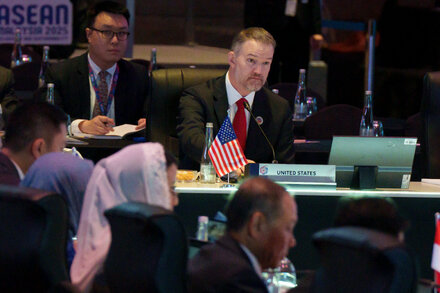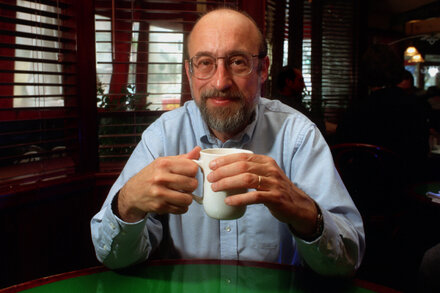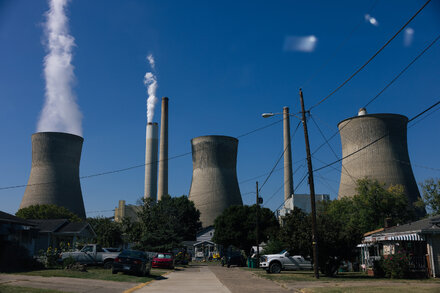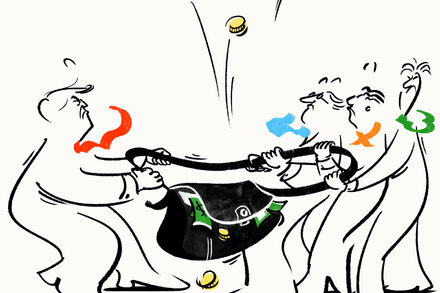High-profile comedians are navigating an increasingly complex and scrutinized landscape, where the traditional boundaries of humor are continuously being redefined by public expectation and digital amplification. What was once a stage for unbridled expression now often feels like a tightrope walk, with potential missteps carrying significant professional and reputational costs.
The challenges stem from a confluence of factors, including the pervasive nature of social media, heightened societal awareness around issues of representation and offense, and a politically charged environment that often views humor through a partisan lens. Every joke, every comment, whether delivered on stage, in a late-night monologue, or in an interview, is subject to immediate and often intense public review, leading to a climate where comedic freedom is perceived by many as being under pressure.
Late-Night Hosts Under the Magnifying Glass
Late-night television hosts, traditionally fixtures of American pop culture, find themselves particularly exposed. Figures such as Jimmy Kimmel and Jimmy Fallon, with their broad audiences and nightly platforms, are acutely aware of the shifting sensitivities. Their material, which often touches upon current events and societal norms, must constantly adapt to avoid misinterpretation or widespread backlash. This environment reportedly leads to increased internal scrutiny and, at times, self-censorship to preempt potential controversies.
“The margin for error has shrunk dramatically,” one veteran comedy writer, speaking on background, reportedly observed. “Every joke, every expression, is subject to immediate and often unforgiving public review. What might have been considered edgy a decade ago could now spark a national debate.”
The pressure extends beyond individual missteps. Networks and production companies are also grappling with how to support their talent while managing public relations and sponsor relationships. The financial and reputational implications of a widely criticized comedic segment can be substantial, prompting a more cautious approach to content development.
The Evolving Nature of Comedic Expression
Beyond late-night, stand-up comedians also face a delicate balance. The art form, which historically thrives on pushing boundaries and challenging conventions, now encounters a public that is quicker to call out perceived insensitivity or harm. This dynamic forces comedians to continually reassess their material and their approach, fostering a debate within the industry about authenticity versus social responsibility.
Many argue that while comedy should evolve with societal understanding, an overly restrictive environment can stifle creativity and prevent necessary, albeit uncomfortable, conversations. Others contend that true humor should never punch down and that greater empathy in comedic expression is simply a sign of progress.
Ultimately, being a high-profile comedian in this era demands not just comedic talent, but also an acute awareness of cultural currents, a resilient public persona, and the ability to navigate a media landscape where humor can quickly become the subject of serious debate.
Source: Read the original article here.





